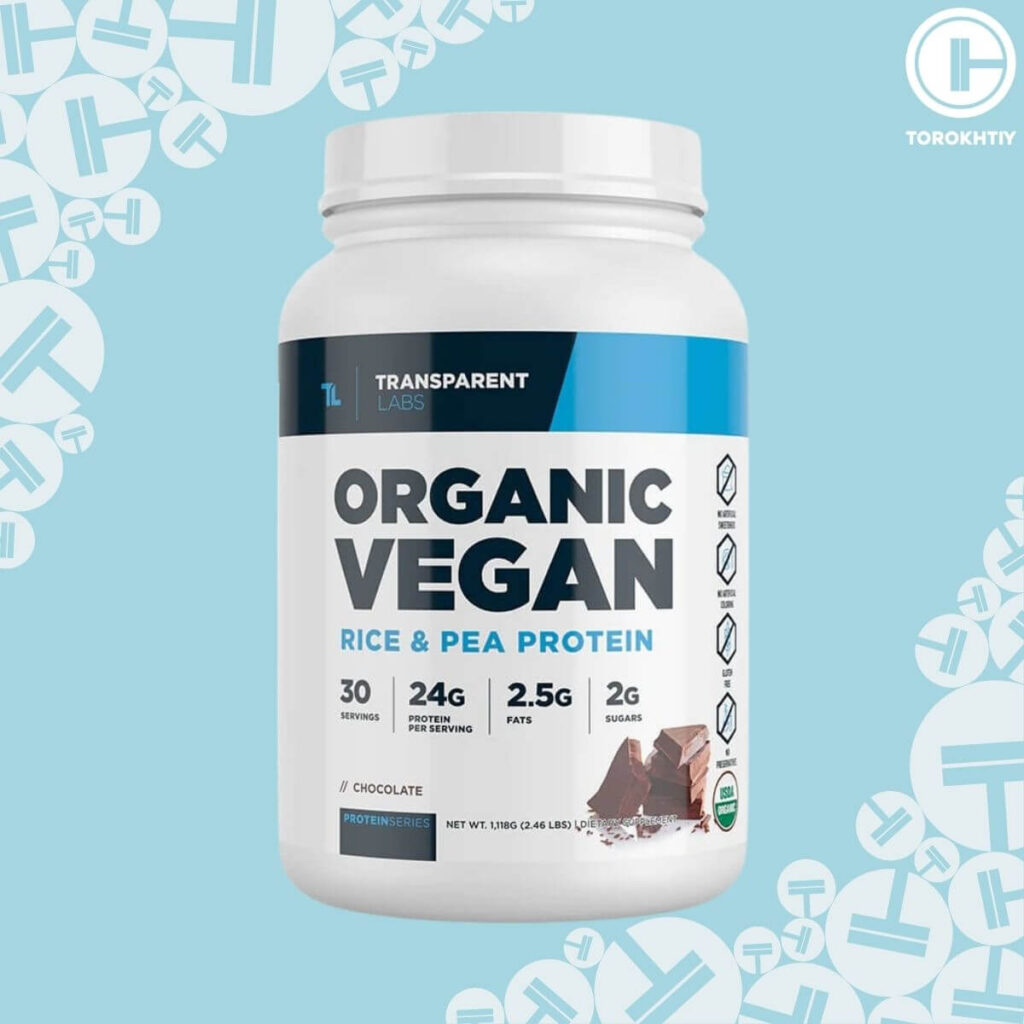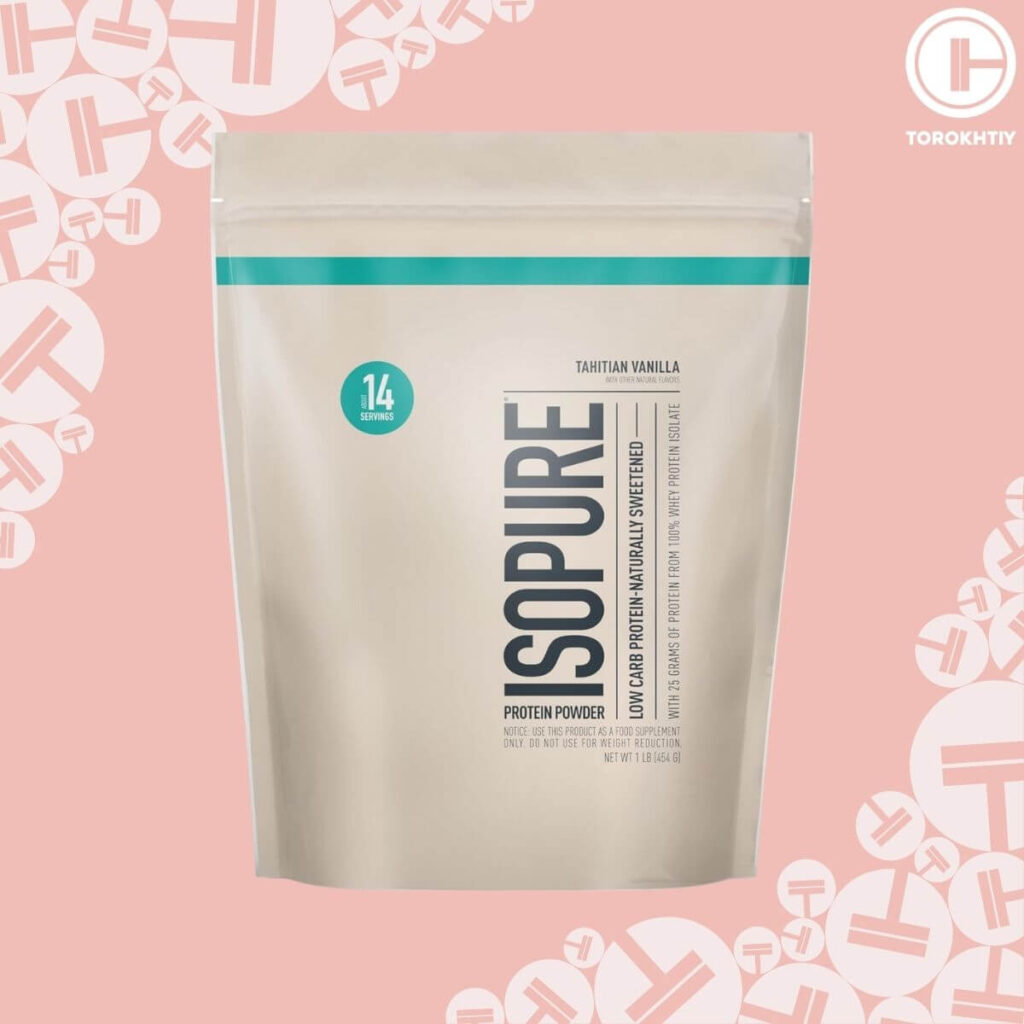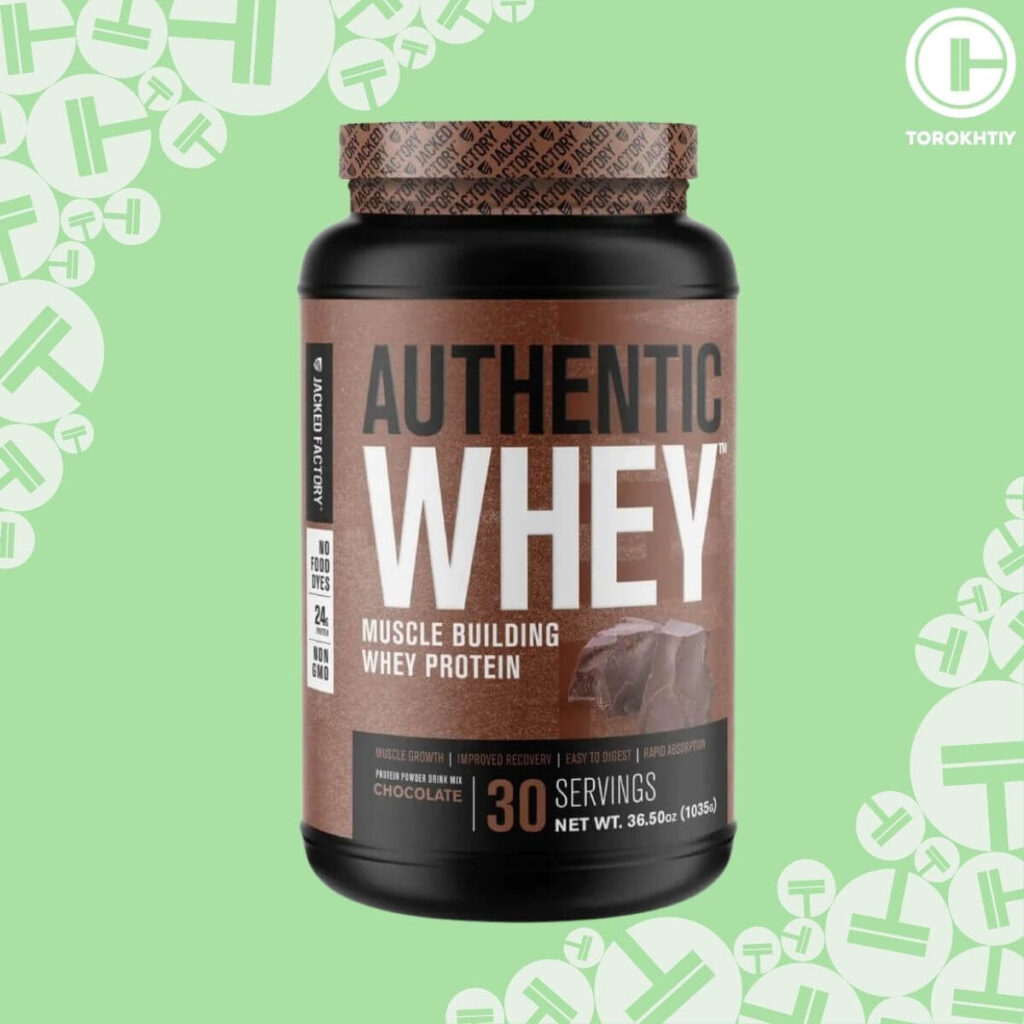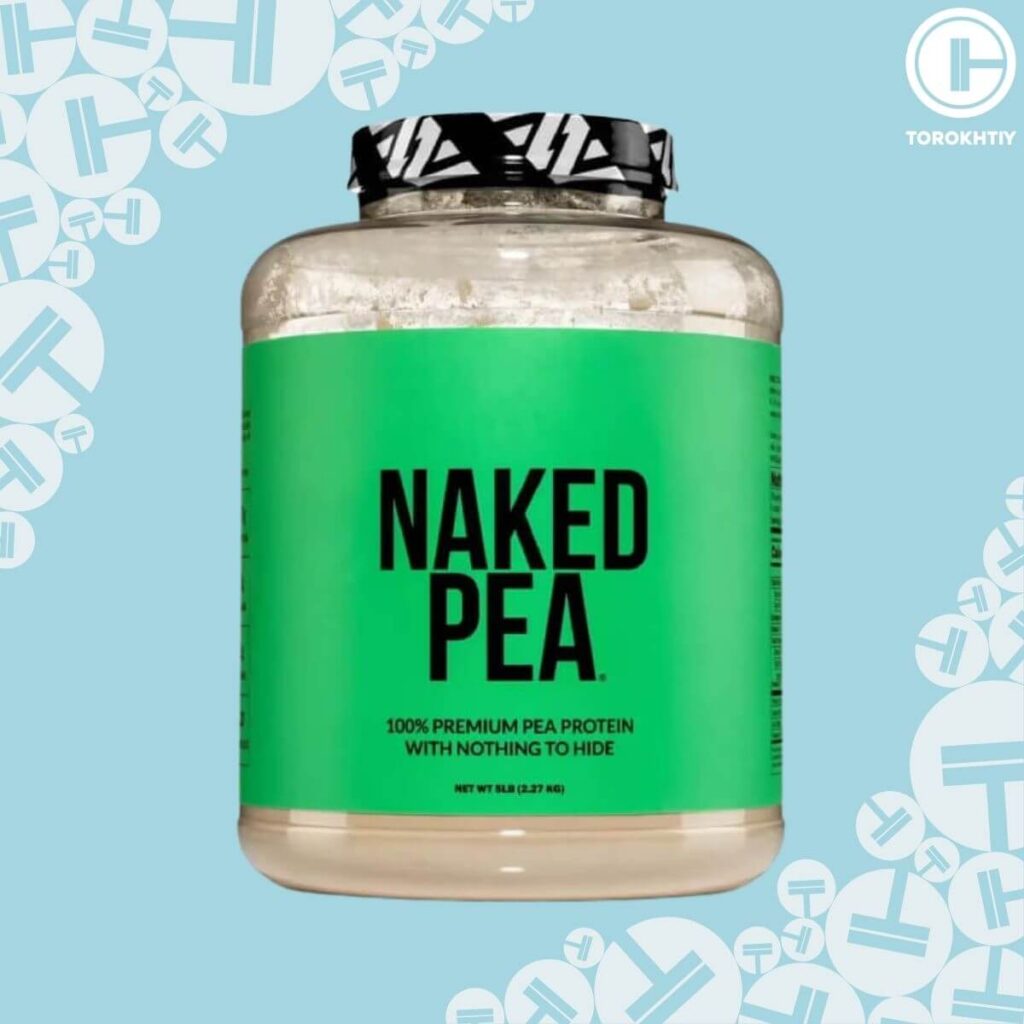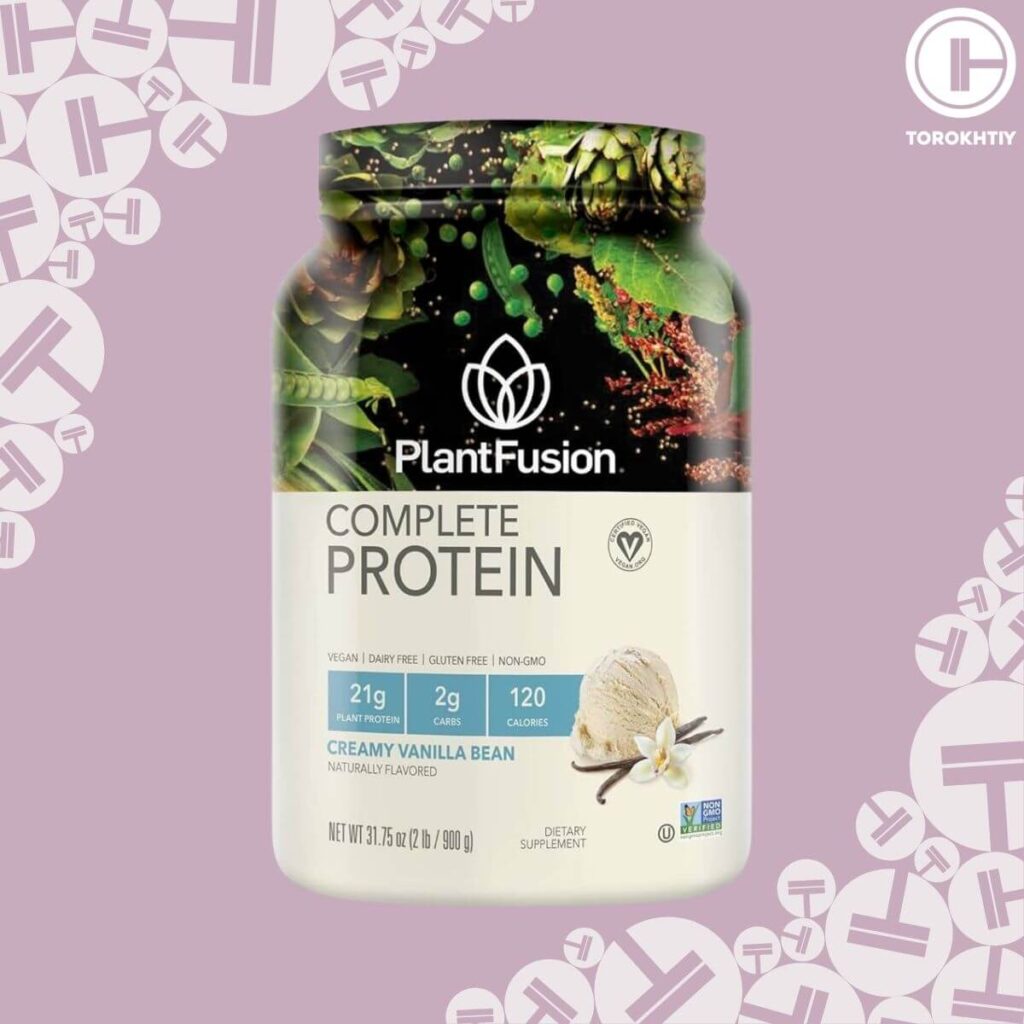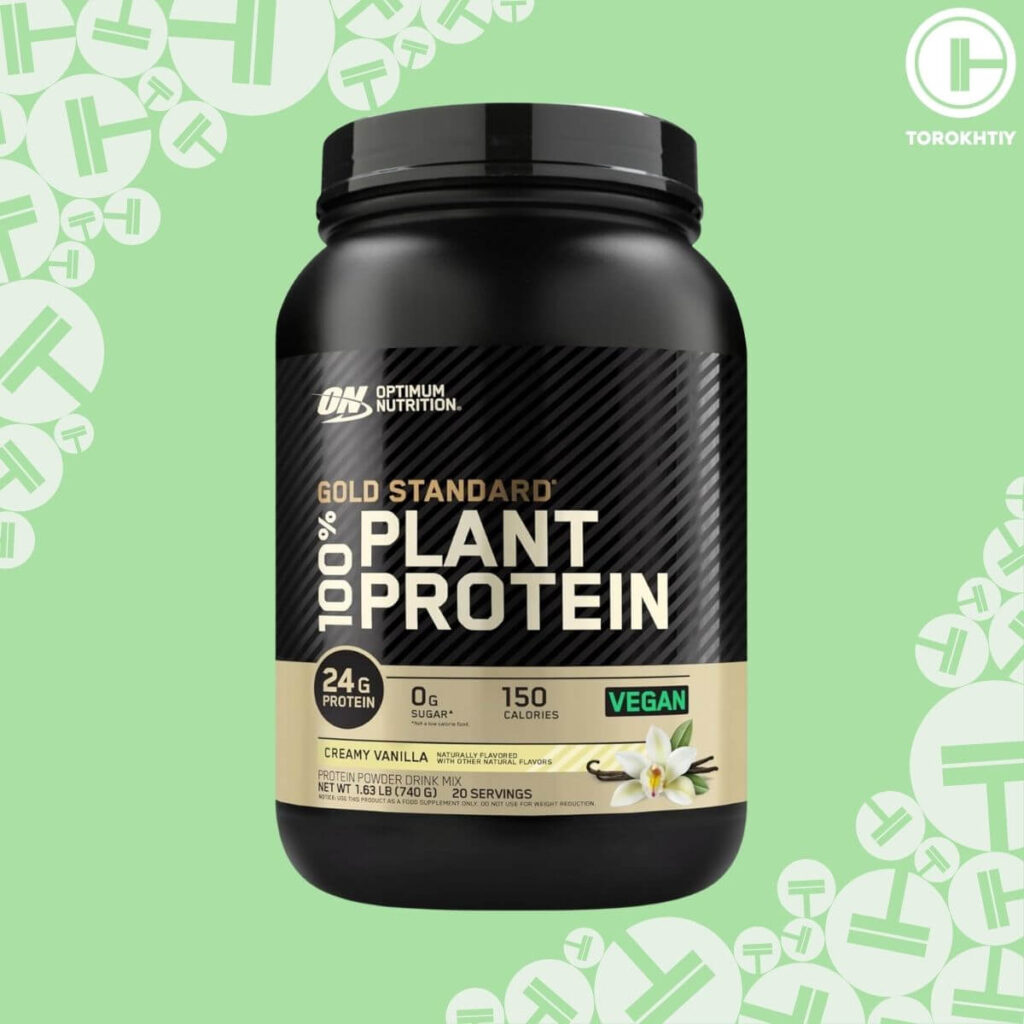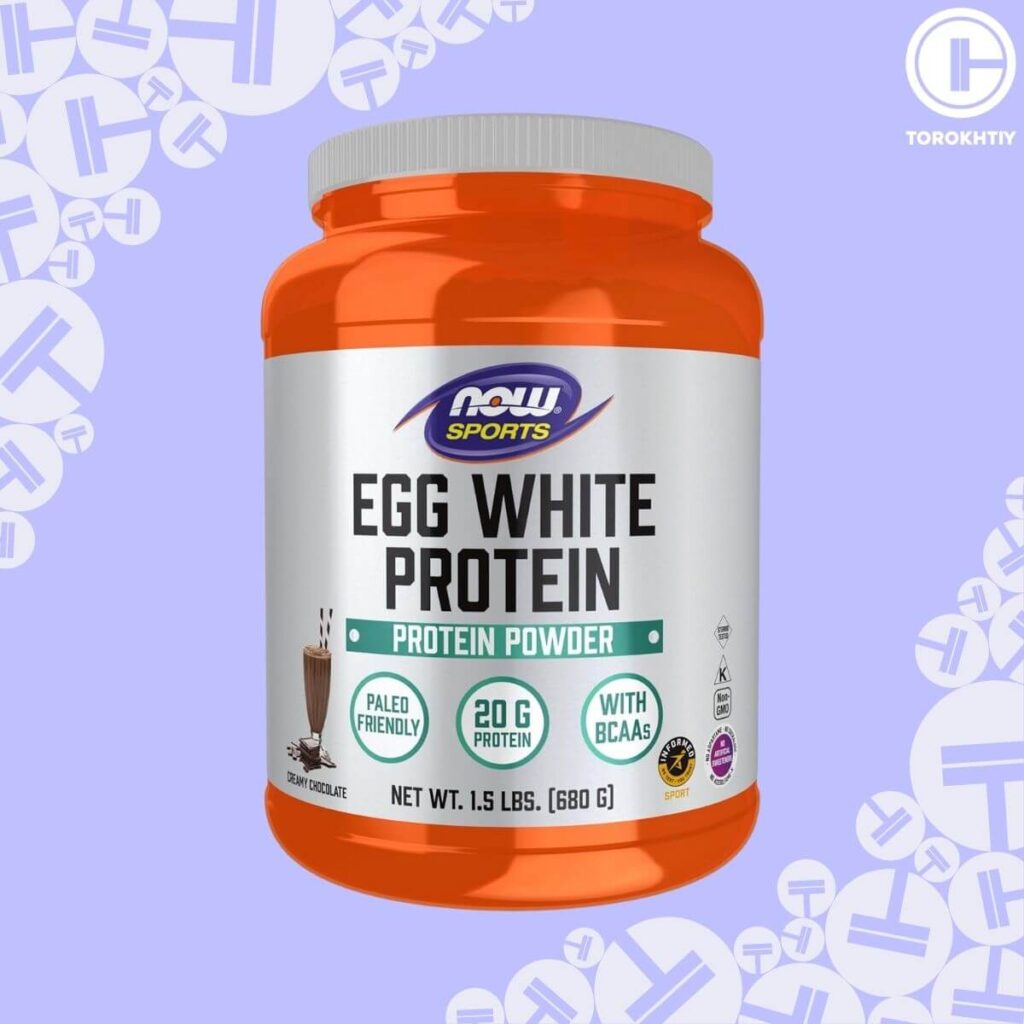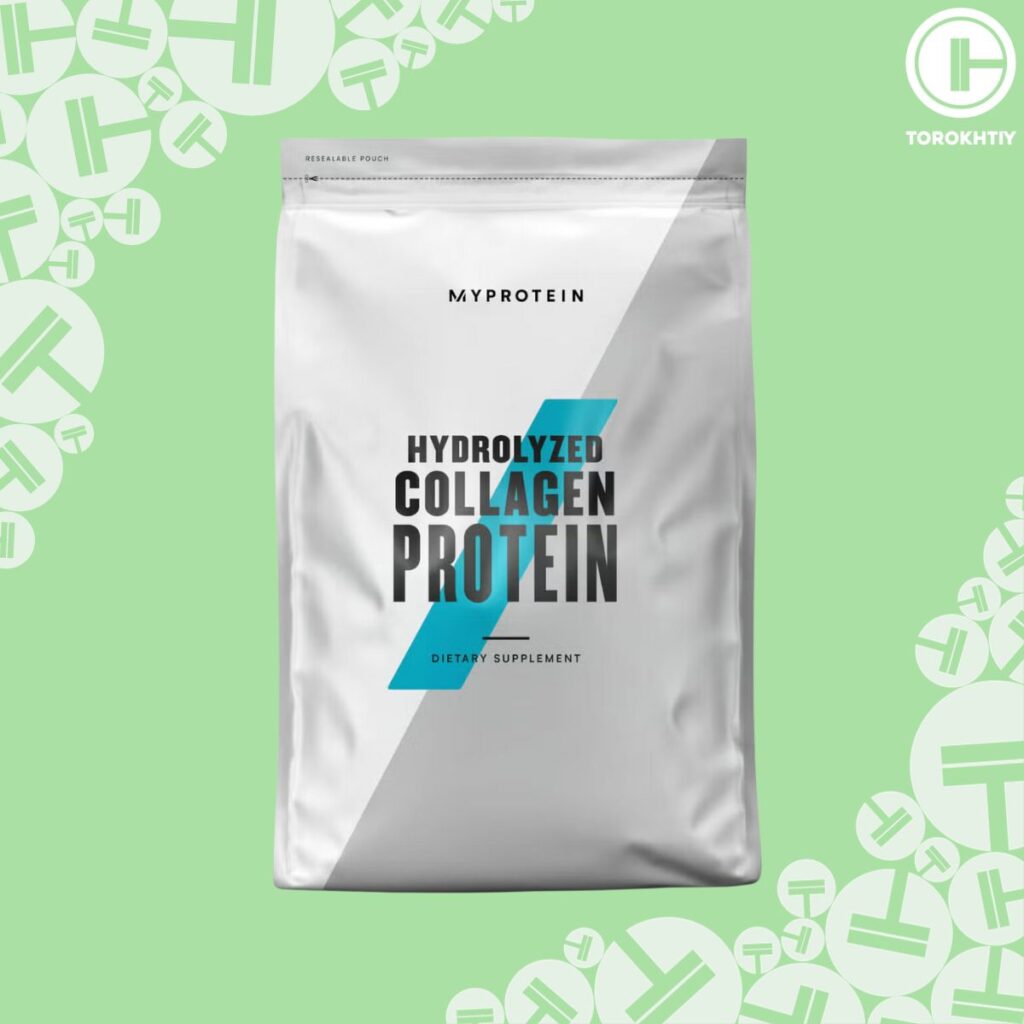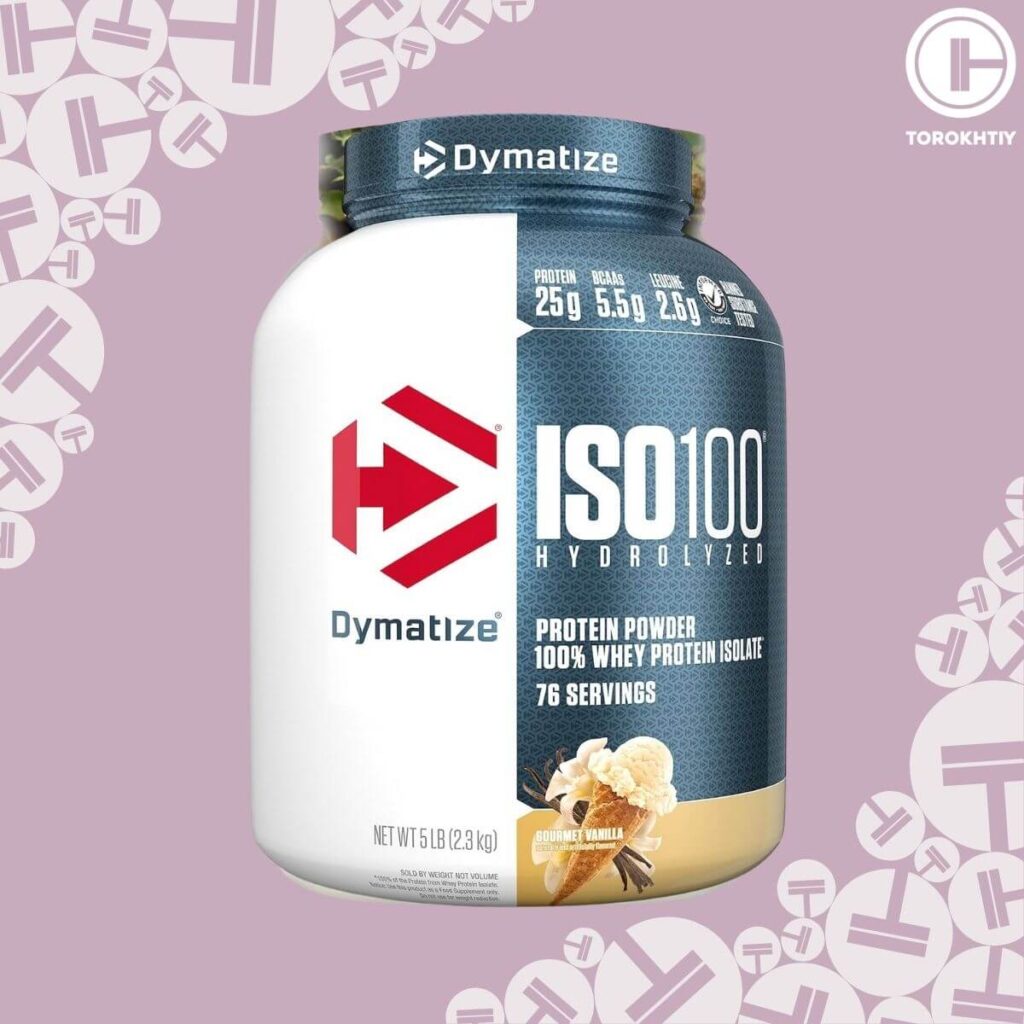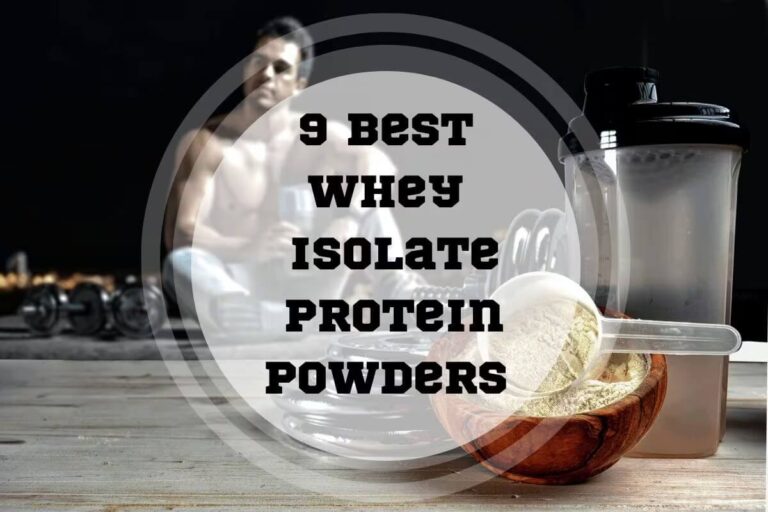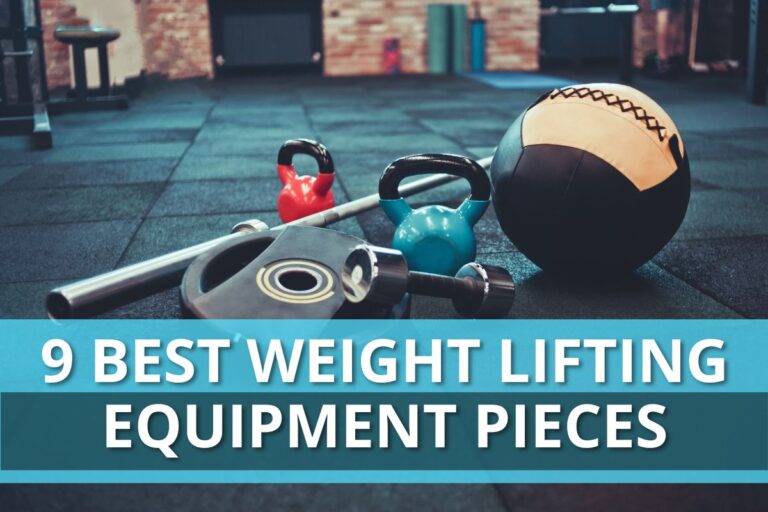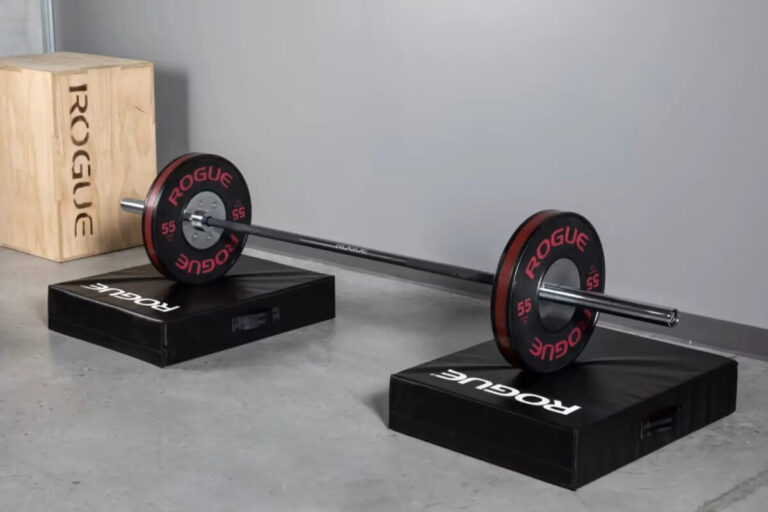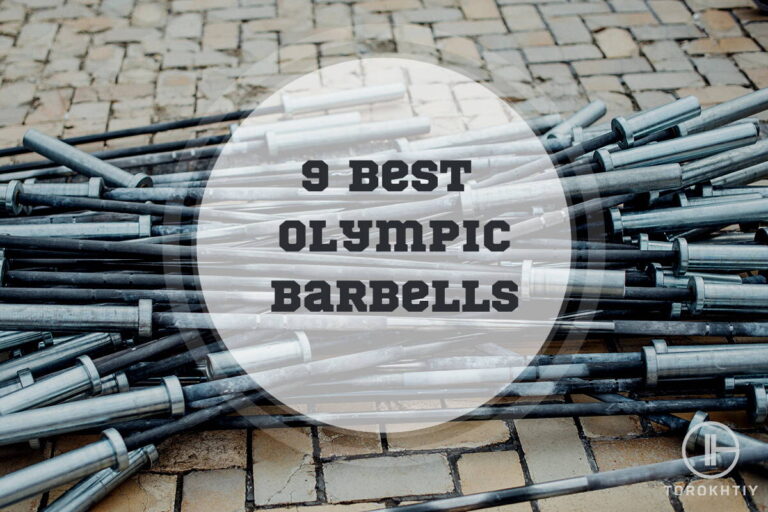9 Best Lactose-Free Protein Powders in 2026
Are you lactose intolerant and/or struggling to find a protein that’s fully lactose-free? With many of the most popular proteins out there containing lactose, it can be tough to find one that’s right for your needs. That’s why we made this list of the best lactose-free protein powders available today!
Our list features whey proteins, plant-based shakes, as well as some other dairy-free alternatives you may not have considered. Keep reading to find out which lactose-free protein is right for you!
In a hurry?
In a hurry and can’t keep reading? How about you check out the Transparent Rice & Pea Organic Vegan Protein.
Transparent Labs Rice & Pea Protein is the top choice for lactose intolerant individuals seeking a high-quality, dairy-free protein powder that is made of organic ingredients and delivers a smooth and delicious taste in vanilla and chocolate flavors.
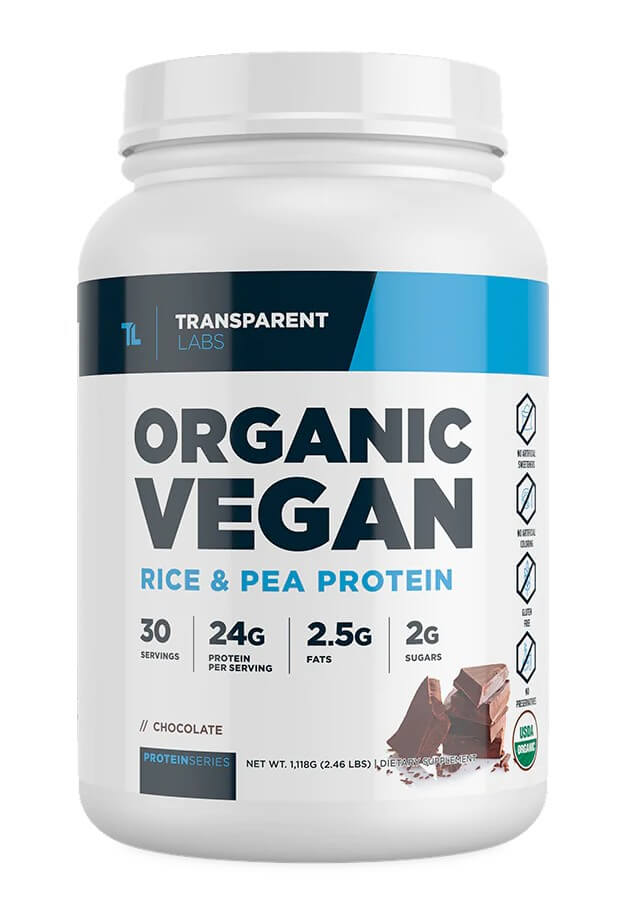
Our expert nutritionists have conducted testing on 15 lactose-free protein powder products. Each product was rated on macronutrient breakdown, taste/flavor, nutrition label transparency, fat content transparency, mixability, and value for money.
After 150+ hours invested, our experts have formulated this list of the 9 best lactose-free protein powders that money can currently buy. The list will be updated regularly.
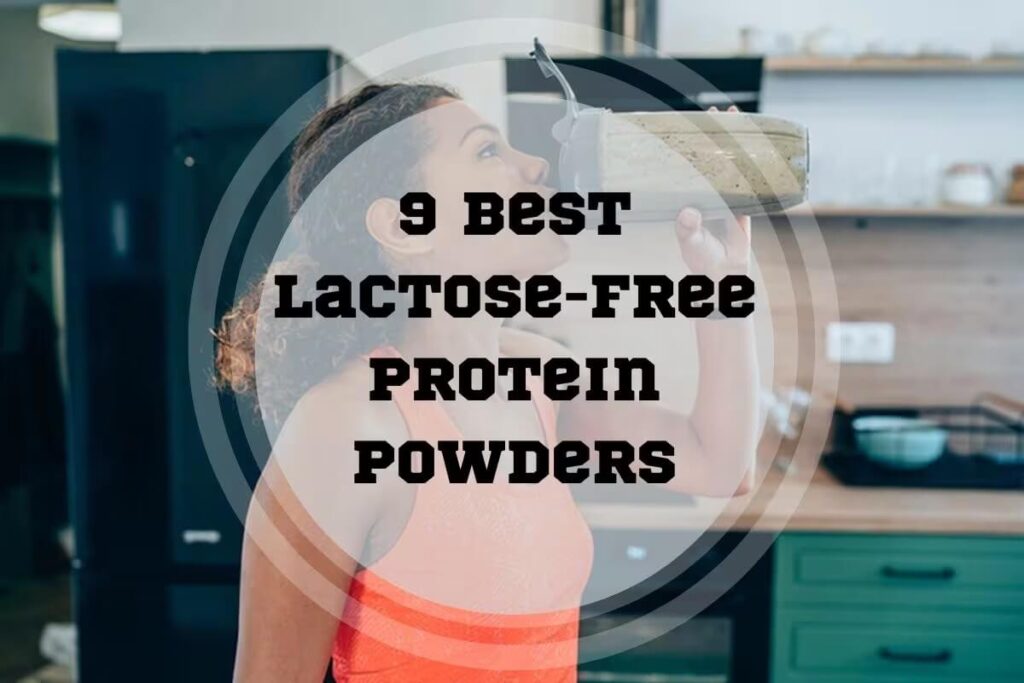
Top 9 Best Lactose-Free Protein Powders Reviewed
- Transparent Rice & Pea Organic Vegan Protein – Top Pick
- Isopure Whey Protein Powder – Runner-Up
- Jacked Factory Authentic Vegan
- Naked Pea Protein
- Plant Fusion Complete Protein
- Optimum Nutrition Gold Standard 100% Plant Protein
- NOW Sports Nutrition, Egg White Protein
- Myprotein Collagen Protein
- Dymatize ISO 100 Protein
| Product | Total | Macronutrient Breakdown | Taste/ Flavor | Nutrition Label Transparency | Fat Content Transparency | Mixability | Price/ Quality |
|---|---|---|---|---|---|---|---|
| Transparent Labs | 58.5 | 9.5 | 10 | 10 | 10 | 10 | 9 |
| Isopure | 58 | 9.5 | 10 | 10 | 10 | 10 | 8.5 |
| Jacked Factory | 57 | 9 | 10 | 9 | 10 | 10 | 9 |
| Naked Pea | 56.5 | 10 | 8.5 | 10 | 10 | 8 | 10 |
| Plant Fusion | 56.5 | 9 | 10 | 9 | 9.5 | 10 | 9 |
| NOW Sports | 55 | 9 | 10 | 8.5 | 9.5 | 10 | 8 |
| Optimum Nutrition | 54.5 | 9 | 8.5 | 10 | 10 | 8 | 9 |
| Myprotein | 54 | 10 | 8 | 9 | 9 | 9 | 9 |
| Dymatize | 53.5 | 9 | 10 | 8 | 9 | 9 | 8.5 |
1. Transparent Rice & Pea Organic Vegan Protein
- Diet Type: Building Muscle, Improving Recovery
- Suitable for Vegans: Yes
- Protein Source: Organic Rice and Pea Protein
- Package Type: Plastic Tub
- Item Weight: 2.12lbs
- Serving Size: 32-37g
- Price per Serving: ~$1.67 (Slightly cheaper with subscription)
- Protein-by-Weight Ratio: 65-75%
- Calories: 130-150
- Protein: 24g
- Carbohydrates: 3-7g
- Fat: 2-2.5g
- Sugar: 2g
- Company Founded: 2015
- Recommended by Athletes: Hafthor Bjornsson, Paul Sklar, Sean Harris
Up next on our list is Transparent Labs Rice & Pea Protein, which we’ve chosen as the best dairy-free protein powder for lactose intolerant people. As you can imagine, one of the best ways to ensure absolutely no lactose in your protein is to opt for a completely dairy-free option.
While whey isolates are pretty close at 1% lactose, if you want a truly lactose-free option, then non-dairy protein powders are the way to go.
As far as vegan proteins go, they don’t get much higher quality than Transparent Labs. Made of completely organic ingredients, with no unnecessary filler, Transparent Labs prioritizes the quality of their proteins above all else.
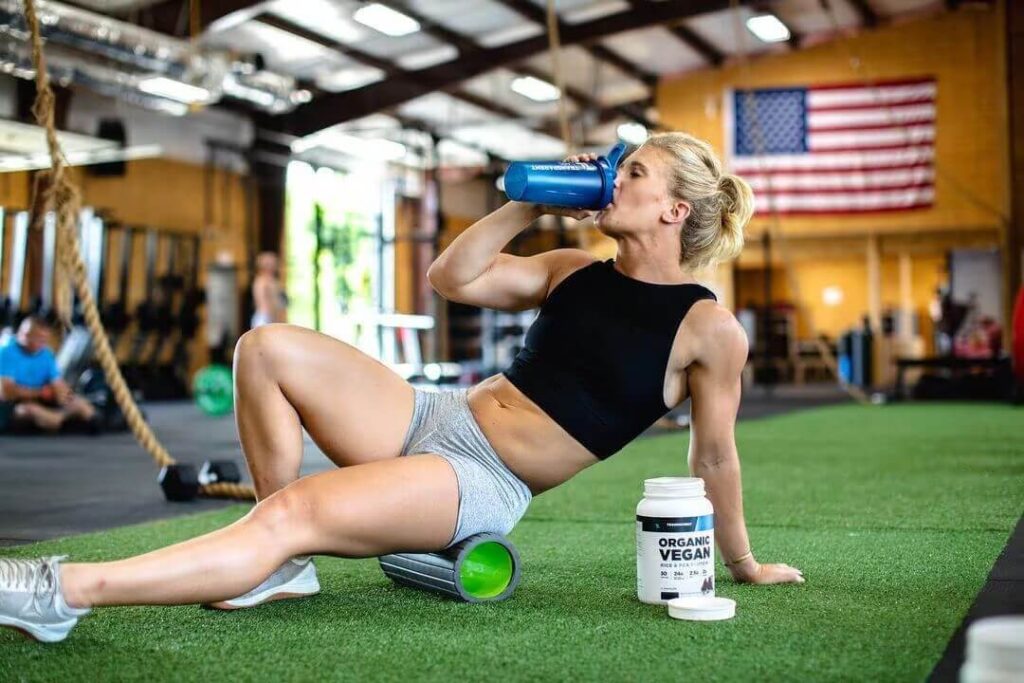
While the flavor will differ from whey protein, this is one of the smoothest and best tasting vegan proteins out there, coming in both vanilla and chocolate flavors.
Although the macros are solid at 24g of protein per serving, keep in mind this might not be the best option for cutting (especially if you want to limit calories that you are drinking) with a fairly high calorie and carb count in each serving compared to WPI. Also, at ~$1.67 per serving, it falls right around the average price point for our list.
Transparent Labs Rice & Pea Organic Vegan Protein offers a solid protein content per serving with a slighter higher calorie and carb count, making it suitable for those not on a strict cutting phase, at an average price for our list.
Positives:
Could be better:
2. Isopure Whey Protein Powder
- Diet Type: Building Muscle, Improving Recovery, Cutting
- Suitable for Vegans: No
- Protein Source: Whey Isolate
- Package Type: Plastic Tub
- Item Weight: 3lb
- Serving Size: 31-33g
- Price per Serving: ~$2.02
- Protein-by-Weight Ratio: 75-81%
- Calories: 100-120
- Protein: 25g
- Carbohydrates: 0-5g
- Fat: 0-0.5g
- Sugar: 0-3g
- Company Founded: 1984
- Recommended by Athletes: Josh Dixon, Betina Gozo, Whitney Davis
Starting off our list and the best protein powder for lactose intolerance is Isopure’s whey protein.
Right away, you may be wondering why there’s a whey protein on this list – doesn’t whey contain lactose? Well, the answer isn’t so simple, and the amount of lactose in whey depends largely on how it’s processed.
Whey concentrates are no more than 80% protein, and are typically about 4-5% lactose. However, whey isolates are typically closer to 90% protein, and might only have 1% lactose. This means whey isolates will usually be considered “lactose-free”, making Isopure’s protein the best whey protein for lactose intolerant people.
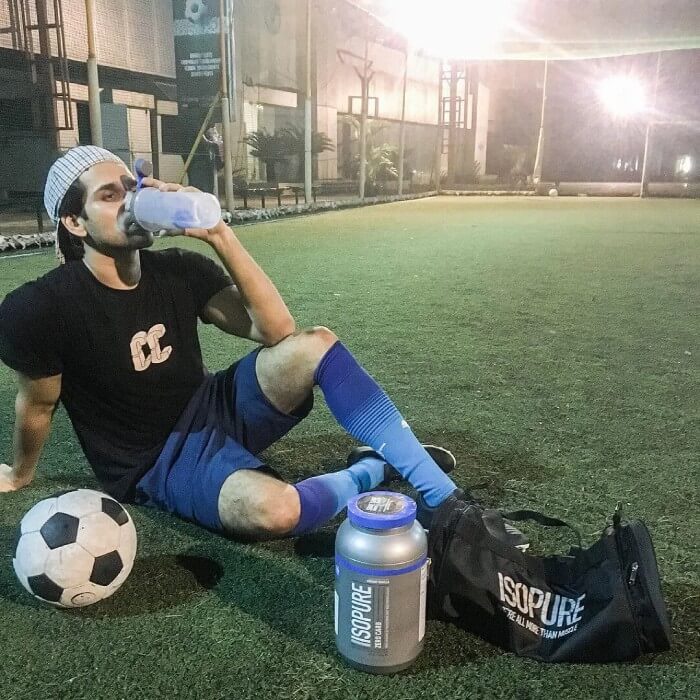
As you can see from the macro breakdown, this is a densely packed protein, containing up to 81% protein content by weight depending on the flavor.
We recommend one of the 100 calorie flavors to maximize protein density (banana cream, creamy vanilla, toasted coconut, strawberries & cream), but the slightly higher calorie options (chocolate, cookies & cream, vanilla salted caramel, etc.) are great choices too. With 12 unique flavors on offer, there’s something for everybody here!
The main downside to this product is its high price tag of just over $2 per serving, but for this price, you can be sure you’re paying for a high quality isolate protein that delivers on macros, flavor, and texture.
Isopure's whey protein stands as the best choice for lactose intolerant individuals, offering a densely packed protein with up to 81% protein content by weight, a variety of flavors to choose from, and the assurance of being lactose-free.
Positives:
Could be better:
3. Jacked Factory Authentic Vegan
- Diet Type: Bulking, Improving Recovery
- Suitable for Vegans: Yes
- Protein Source: Vegan Blend (Pea, Sunflower Seed, Pumpkin Seed, Watermelon Seed, Mung Bean)
- Package Type: Plastic Tub
- Item Weight: 2.18lbs
- Serving Size: 33g
- Price per Serving: $1.50 (Slightly cheaper with subscription)
- Protein-by-Weight Ratio: 67%
- Calories: 120
- Protein: 22g
- Carbohydrates: 4g
- Fat: 2g
- Sugar: 1g
- Company Founded: 2006
- Recommended by Athletes: Morgan Mac, Mike Oliver, Bhuwan Chauhan
Following up Transparent Labs, we have the next vegan protein on our list, Jacked Factory’s Authentic Vegan protein. Again, because this is a vegan protein, it will be completely lactose-free, making it a great protein powder for lactose intolerant people.
In terms of ingredients, Jacked Factory has a solid blend of plant-based proteins coming from peas and a variety of seeds. It is worth noting that not all of these ingredients are organic – the sunflower seeds, watermelon seeds, and mung beans are not listed as organic, while the pea protein and pumpkin seeds are.
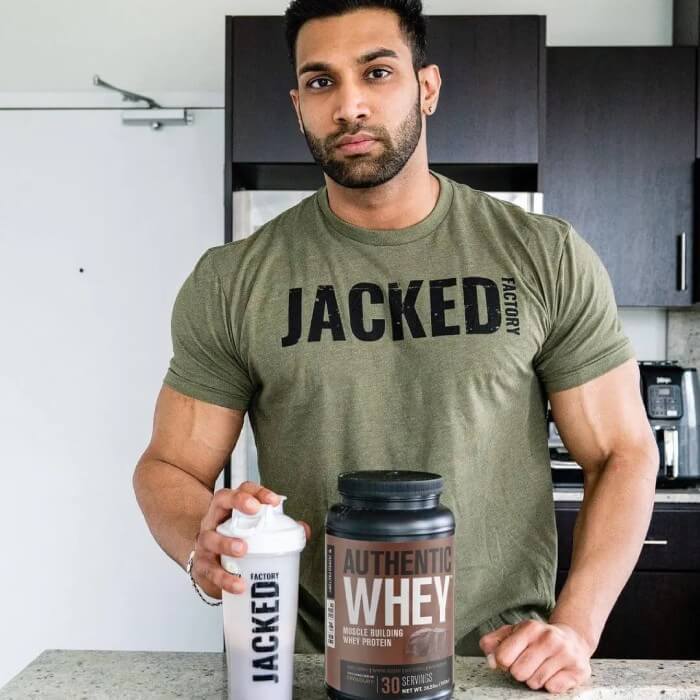
While this isn’t a major drawback, just keep in mind this isn’t a 100% organic protein like some of the other options on our list.
For macros, Jacked Factory offers a solid amount of protein in each serving at 22g, having a protein-by-weight ratio of 67%. At ~$1.50 per serving, it’s also a little pricey considering the macro breakdown and minor issues with the ingredient list. However, you can be confident you’re still getting a high quality, delicious protein for your money.
Jacked Factory's Vegan protein is a lactose-free option, with a solid blend of plant-based proteins from peas and various seeds, providing 22g of protein per serving at around $1.50 per serving, making it a high-quality and delicious choice.
Positives:
Could be better:
4. Naked Pea Protein
- Diet Type: Building Muscle, Improving Recovery
- Suitable for Vegans: Yes
- Protein Source: Pea Protein Isolate
- Package Type: Plastic Tub
- Item Weight: 5lb
- Serving Size: 30-38g
- Price per serving: $0.76-0.97 (Slightly cheaper with subscription)
- Protein-by-Weight Ratio: 66-90%
- Calories: 120-160
- Protein: 25-27g
- Carbohydrates: 2-8g
- Fat: 0.5-4g
- Sugar: 2-5g
- Company Founded: 2014
- Recommended by Athletes: Daniel Victor
Up next we have a perennial favorite for our protein lists – Naked’s Pea Protein. First off, as this is yet another vegan protein, you can be confident it is 100% lactose-free.
The reason we feature Naked’s Pea Protein so regularly is for 2 main reasons – macros and price. The unflavored variety of Naked’s pea protein has the highest protein content on our list at a whopping 27g of protein per serving.
This is one of the most densely packed proteins on our list with the unflavored variety having a stellar 90% protein by weight. Just keep in mind the chocolate and vanilla flavors have a significantly lower protein concentration (although they still contain 25g of protein) .
The other big plus to this protein is its price. It’s easily the most affordable protein featured at well under a dollar per serving, being easily half as costly as some of the more expensive options.
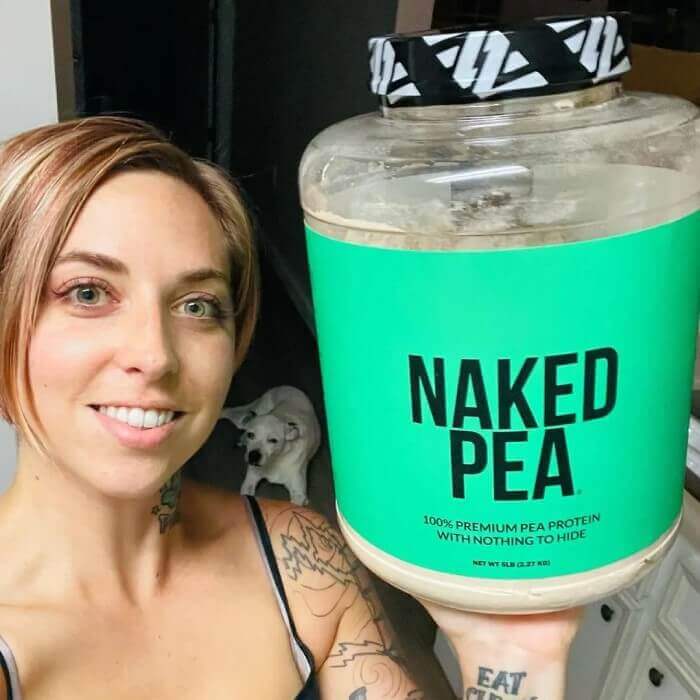
The reason it didn’t rank higher on this list despite all its major pros is its flavor. The unflavored option which has the best macros and cost is a single ingredient protein, which will make it significantly less creamy and rich than dairy-based proteins.
Although some people really enjoy pea protein, keep in mind that the flavor certainly isn’t for everybody.
Naked's Pea Protein stands out for its high protein content and affordable price, offering 27g of protein per serving in the unflavored variety and costing well under a dollar per serving, making it an excellent choice for lactose-free protein.
Positives:
Could be better:
5. Plant Fusion Complete Protein
- Diet Type: Building Muscle, Improving Recovery
- Suitable for Vegans: Yes
- Protein Source: Amino Acid Infused Protein Blend (Pea Protein Isolate, Artichoke, Amaranth, Quinoa, Whole Algae, & Amino Acids)
- Package Type: Plastic Tub
- Item Weight: 5lb
- Serving Size: 30g
- Price per Serving: ~$1.53 (Slightly cheaper with subscription)
- Protein-by-Weight Ratio: 70%
- Calories: 120
- Protein: 21g
- Carbohydrates: 2g
- Fat: 3g
- Sugar: 0g
- Company Founded: 2009
- Recommended by Athletes: Gracie B Fit, Erin Brooks, Madeline Cait
Next up, we have yet another great vegan protein, and arguably the best tasting lactose-free protein powder out there, this time coming from Plant Fusion. On top of being completely lactose-free, Plant Fusion also prides themselves on being one of the best tasting plant proteins out there.
Being awarded the best-tasting protein award from such a trusted publication like Bon Appetit is certainly quite an accomplishment. As their reviews back up, Plant Fusion is easily one of the best-tasting, creamiest plant-based proteins out there.
For a protein powder without milk ingredients, Plant Fusion does a solid job of imitating the taste and texture of a milkshake.
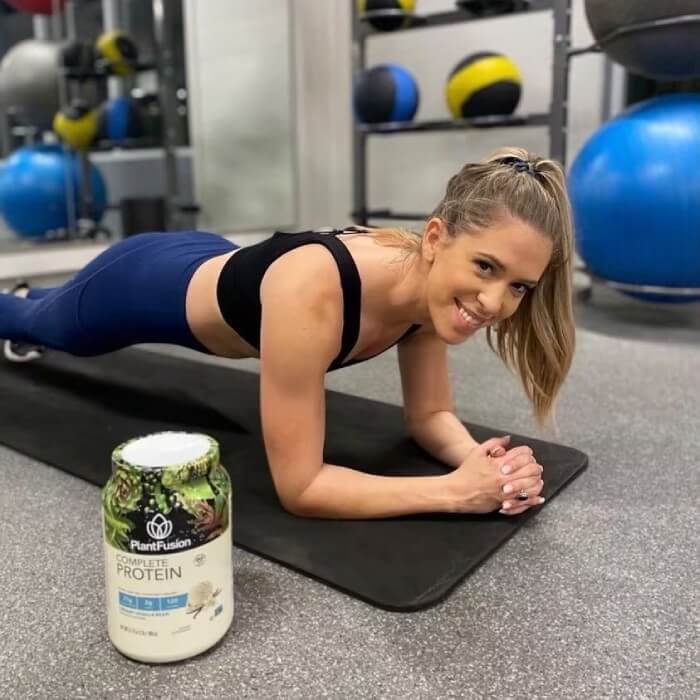
Just keep in mind that you will be sacrificing some macros for this improved flavor. While Plant Fusion still offers decent macros, 21g of protein per serving is one of the lowest protein contents on our list (and about 25% lower than Naked’s Pea Protein).
While the price tag of ~$1.53 per serving isn’t too expensive, it’s certainly not one of the cheapest options on our list. It’s also worth noting that similar to Jacked Factory, it doesn’t appear like all of Plant Fusions are completely organic.
Overall, this is a great choice if you’re looking for a lactose-free protein that prioritizes delicious flavor and texture above all else!
Plant Fusion delivers a delectable and creamy lactose-free protein powder, praised for its taste and texture, making it an excellent choice for flavor-focused individuals seeking a vegan option.
Positives:
Could be better:
6. Optimum Nutrition Gold Standard 100% Plant Protein
- Diet Type: Building Muscle, Improving Recovery
- Suitable for Vegans: Yes
- Protein Source: Plant Protein Blend (Pea, Fava Bean, & Brown Rice Protein)
- Package Type: Plastic Tub
- Item Weight: 1.76lb
- Serving Size: 37g
- Price per Serving: ~$1.65-2.07 (depends on a flavor)
- Protein-by-Weight Ratio: 65%
- Calories: 150
- Protein: 24g
- Carbohydrates: 5-6g
- Fat: 3.5g
- Sugar: 0g
- Company Founded: 1986
- Recommended by Athletes: Taylor Fritz, Justin “Jets” Jefferson, Morgan Willett
Next, we have the last plant-based protein on our list coming from a company more well-known for their whey, Optimum Nutrition’s 100% Gold Standard Plant-Based Protein. As you’d expect, this is a completely dairy-free and lactose-free protein supplement.
With 24g of protein per serving, Optimum offers a nice high protein content, falling around the higher end of our lists average. With that being said, it’s not a super densely packed protein with only a 64% protein by weight ratio.
It’s also the most expensive protein on our list at ~$2.07 per serving (for a chocolate flavor). This is very similar to Isopure’s price, although Isopure offers the same amount of protein with less carbs and fats, which is likely a better choice for cutting.
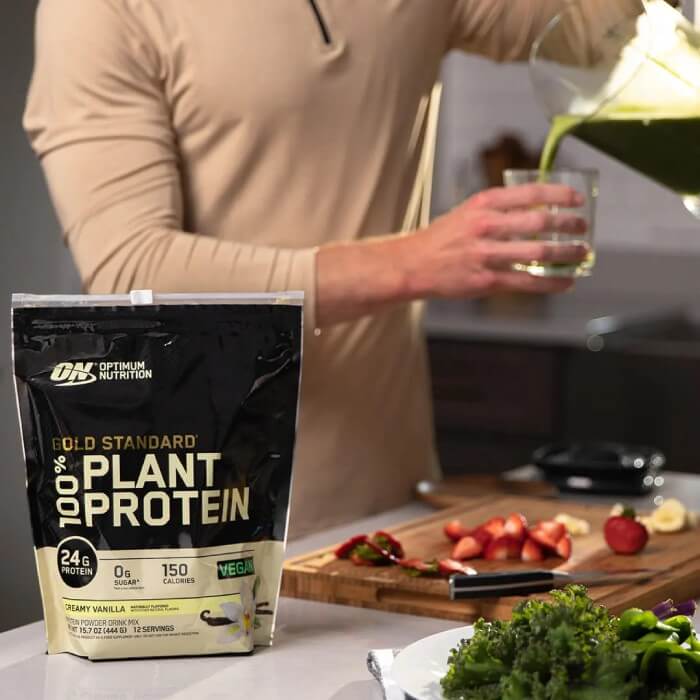
Also, it’s worth mentioning that Optimum has a quite long ingredient list, and doesn’t appear to contain any organic ingredients.
Of course, Optimum is well-known for their excellent taste and texture, being one of the leaders in the industry. This protein is no exception with its two delicious flavors: creamy vanilla and rich chocolate fudge.
Optimum Nutrition’s 100% Gold Standard Plant-Based Protein offers a generous 24g of protein per serving, excellent taste and texture, and it's completely dairy-free and lactose-free, making it a great choice for plant-based protein enthusiasts.
Positives:
Could be better:
7. NOW Sports Nutrition, Egg White Protein
- Diet Type: Building Muscle, Improving Recovery, Cutting
- Suitable for Vegans: No
- Protein Source: Egg White Powder
- Package Type: Plastic Tub
- Item Weight: 1.2lb
- Serving Size: 20g
- Price per Serving: ~$1.41
- Protein-by-Weight Ratio: 80%
- Calories: 80
- Protein: 16g
- Carbohydrates: 2g
- Fat: 0g
- Sugar: 1g
- Company Founded: 1968
- Recommended by Athletes: Dan McDonogh, Bianca Summer Macedo, Danielle Colaprico
Next up we have an interesting alternative to both plant-based and dairy proteins, an egg white based protein from NOW Sports Nutrition. A unique form of protein, it is completely lactose-free.
This is one of the lowest calorie options on our list at only 80 calories per serving, but there is a flipside to that coin - in this case it has the lowest protein content on our list at only 16g per serving - so to get 24g of protein you will need to take 1,5 serving which ramp up the price and calories as well. However, it still has a decent protein by weight ratio at 80%.
One of the unique advantages of this protein is its ability to be used as an egg white substitute! As it says on the package, 2 tablespoons of this protein mixed with 6 tablespoons of water can be used as the equivalent of 2 egg whites in any recipe you’re using.
Finally, it’s worth noting that this protein does only come unflavored, so it likely won’t have the most appealing taste or texture, especially for those used to drinking flavored protein. Although this does give the protein added versatility as an egg white substitute, it may be better suited to use in recipes rather than being a standalone shake.
NOW Sports Nutrition Egg White Protein offers a unique alternative to both plant-based and dairy proteins, with the advantage of being completely lactose-free and versatile enough to use as an egg white substitute in recipes.
Positives:
Could be better:
8. Myprotein Collagen Protein
- Diet Type: Building Muscle, Improving Recovery, Cutting
- Suitable for Vegans: No
- Protein Source: Bovine Collagen Protein
- Package Type: Plastic Bag
- Item Weight: 2.2lb
- Serving Size: 20g
- Price per Serving: $1.60
- Protein-by-Weight Ratio: 90%
- Calories: 70 (Most likely closer to 72 calories)
- Protein: 18g
- Carbohydrates: 0g
- Fat: 0g
- Sugar: 0g
- Company Founded: 2004
- Recommended by Athletes: Rob Kearney, Tom Trotter, Israel Adesanya
Up next on our list we have the first and only collagen protein we’ll be featuring from Myprotein. If you’re unfamiliar with collagen protein, it’s usually sourced from the ligaments of animals, in this case cows. So, although it’s not for vegans or vegetarians, it’s completely dairy and lactose-free.
Collagen has become increasingly popular over the last several years for its alleged health benefits including improving hair, skin, and joint health. Whether or not you’re interested in collagen for its health benefits, it’s still a solid all-around protein supplement.
At 18g of protein per serving, it has a relatively low protein content in each serving, but it makes up for it by having a solid 90% protein density.
Whether you opt for the chocolate or unflavored variety, this is one of the best options on our list in terms of macro breakdown. It also isn’t too pricey all things considered at around $1.60 per serving.
One downside is that this is the only supplement on our list not suitable for vegetarians because it is sourced from animal ligaments. Because of this, some people also note a slightly meaty taste.
Myprotein's Collagen Protein offers a lactose-free option with alleged health benefits for hair, skin, and joint health, providing 18g of protein per serving with a solid 90% protein density and a reasonable price point.
Positives:
Could be better:
9. Dymatize ISO 100 Protein
- Diet Type: Building Muscle, Improving Recovery, Cutting
- Suitable for Vegans: No
- Protein Source: Whey Protein Isolate
- Package Type: Plastic Tub
- Item Weight: 5lb
- Serving Size: 30-32g
- Price per Serving: $1.05
- Protein-by-Weight Ratio: 83%
- Calories: 110-120
- Protein: 25g
- Carbohydrates: 2-3g
- Fat: 1g
- Sugar: 1g
- Company Founded: 1994
- Recommended by Athletes: Cara Carmichael, Aicha El Mahmoudi, Sean Harris
Finally, we’re ending off our list the same way it began – with a high quality Whey Isolate, this time from Dymatize. As we mentioned above, this product likely contains around 1% lactose, so although it’s not completely lactose-free, it is very close.
In terms of macros, it is very similar to Isopure’s product. It also has 25g of protein per serving, although coming at a slightly lower density at 83% protein concentration. With this being said, it does come at a slightly lower price point as well at just around $1.72 per serving.
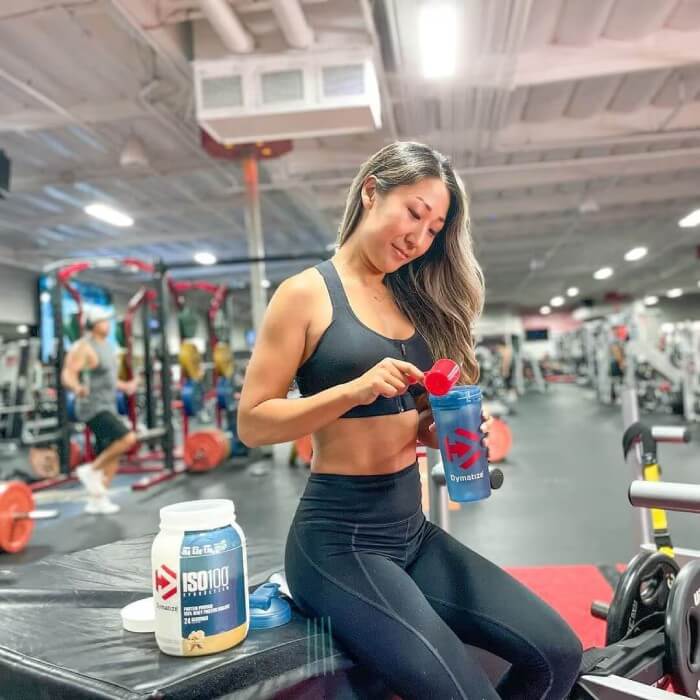
Similar to Isopure, Dymatize also offers a bunch of different flavors from unique choices like fruity pebbles and Dunkin’ cappuccino, to classics like vanilla and chocolate.
The reason this product takes the bottom spot on our list is it might contain around 0.5g of lactose in each serving - as the company advertises. With this being said, if you’re not too worried about a bit of lactose, this is still a great low-lactose choice.
Dymatize's Whey Isolate offers a high-quality, low-lactose option with 25g of protein per serving and various flavors, making it a great choice for those less sensitive to lactose.
Positives:
Could be better:
What Is Lactose Intolerance?
Lactose intolerance is a condition where people have digestive symptoms after consuming products containing lactose like most dairy products. Symptoms of lactose intolerance include bloating, diarrhea, and gas.
Lactose intolerance is caused by something called lactose malabsorption, which is when the small intestine cannot adequately digest lactose, leading to the symptoms listed above.
It is estimated that 68% of the world’s population and 36% of the United States’ population suffer from lactose malabsorption. It’s worth noting that not everybody with lactose malabsorption will experience the symptoms associated with lactose intolerance.
Keep in mind that if you don’t have lactose intolerance, there’s no real reason to avoid lactose in your diet!

How Do You Know if You Need a Lactose-Free Protein Powder?
If you’re lactose intolerant, we recommend switching to a lactose-free protein powder. If you’re unsure of whether or not you are lactose intolerant, we recommend getting checked out by a healthcare provider so they can give you a proper diagnosis.
This process usually involves a lactose tolerance test which will involve consuming lactose to see whether or not your body is able to digest it.
Even if you get checked out and you don’t have lactose intolerance, your current protein may still upset your stomach. In this case, it may be worth giving lactose-free protein shakes a try instead! Whey concentrates will typically be the protein powders that contain the most lactose.
If you’re currently using a whey concentrate and experiencing digestive symptoms, there’s no harm in switching to a lactose-free alternative.
What Types of Protein Powder Can Be Lactose-Free
On our list, we covered 4 different types of lactose-free protein, which we’ll be breaking down in more detail here. It’s worth mentioning these aren’t all the lactose-free protein types available, for example there’s beef protein, as well as a wide variety of other plant-based options we didn’t cover!
1. Plant-Based
The vast majority of our list is made up of plant-based protein powders. These are usually made up of pea protein, brown rice protein, seed protein, or a blend of different plant-based proteins.
Especially in the context of this list, plant-based proteins are very competitive with lactose-free whey in terms of macro breakdown, cost, and even flavor. Whether you’re lactose intolerant, vegan, or just want to switch it up from whey, plant-based protein blends are a great option!
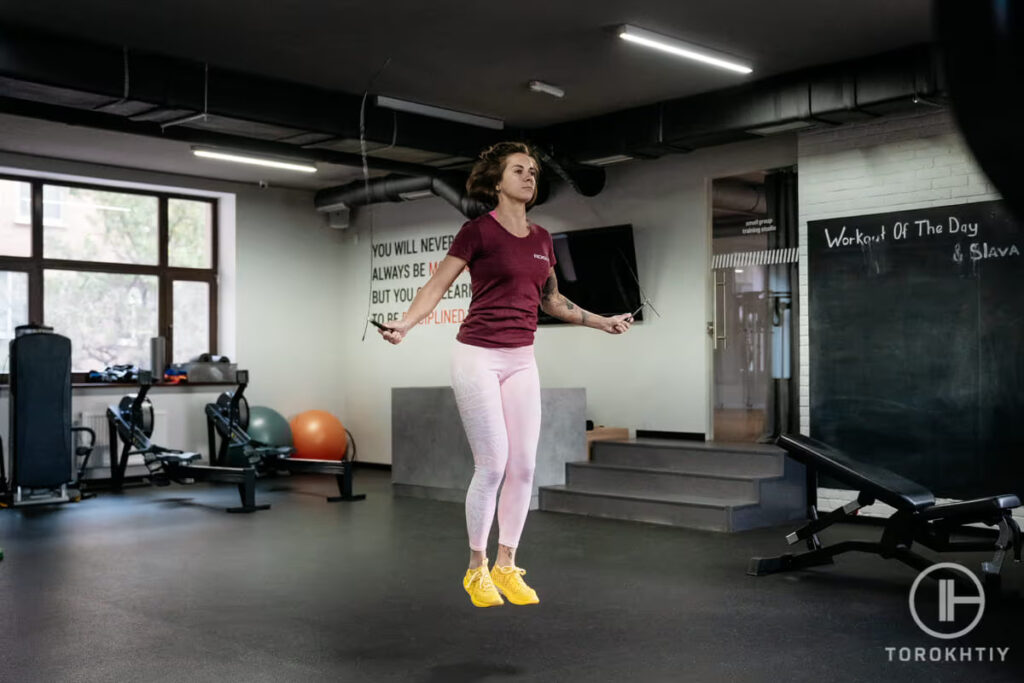
2. Whey Isolates
As we mentioned on our list, finding largely lactose-free whey protein shouldn’t be too difficult, as long as you are buying isolates instead of concentrates. Whey concentrates have a protein concentration up to 80%, while isolates are 80% or higher.
The difference in filtration process makes concentrates have higher lactose content than isolates. Isolates are often made up of 1% or less lactose, making them largely ok for lactose intolerant individuals. Keep in mind if you’re very lactose sensitive, they will still contain trace amounts.
3. Collagen
Another popular dairy alternative is collagen protein. This protein type is typically sourced from animal ligaments, and has become increasingly popular for its health benefits.
Aside from its potential effects on your skin, hair, and joints (a topic that still needs more research), collagen is not a bad supplement for having a very high protein-by-weight ratio of around 90%.
One downside is that because of how it’s sourced it is not suitable for vegetarians. While it can also be expensive, our choice, Myprotein’s Collagen falls right around the average price for our list.
4. Egg-White
Finally, the last lactose-free protein type we covered on our list is egg-white protein. Often overlooked as a powdered protein, egg white protein is great especially for its versatility as an egg white substitute while baking.
Just keep in mind that out of all the proteins we’ve covered, this might be the least enjoyable to drink, especially if you’re used to whey shakes.
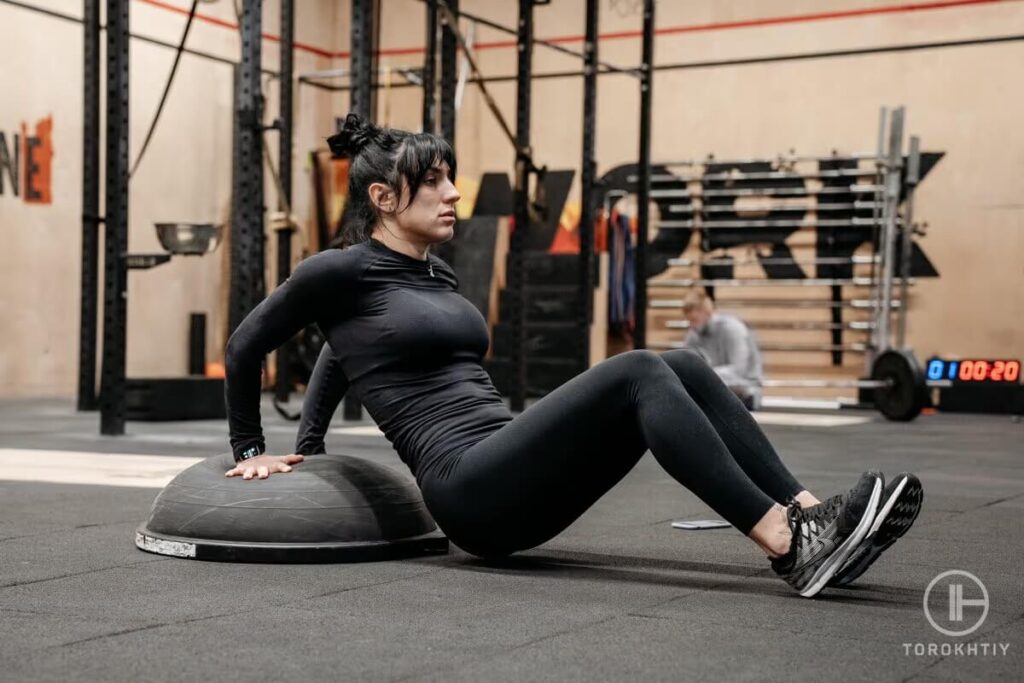
How to Pick the Best Lactose-Free Protein Powder
There are a few factors you’ll want to consider when deciding on which lactose-free protein powder to buy. We’ve broken them down for you here so you can make a more informed decision.
1. Protein-By-Weight Ratio
Protein-by-weight ratio can be helpful while choosing whey proteins when you’re looking for a lactose-free product. As we’ve mentioned, the lower a whey protein's concentration is, the more lactose it will likely contain.
So if you’re lactose intolerant and looking to buy a whey powder, we strongly recommend sticking with whey isolates. Although these are typically a bit more expensive than concentrates, with higher protein-by-weight, you’ll be much more likely to get a nearly lactose-free shake.
2. Value For Money
Another major factor to consider when shopping for a lactose-free protein powder is the value you’re getting for your money. There’s no reason to spend significantly more on a lactose-free protein powder than a regular one.
While whey isolates do cost more than concentrates they often contain more protein, but if you’re trying to save some money, you might consider a plant-based alternative like Naked’s Pea Protein, which is less than a dollar per serving!
While whey isolates are high quality products, and are worth a bit more than concentrates, be sure you’re not breaking the bank just to get a lactose-free protein powder.
Also, always check the serving size and compare it to protein content to see what the protein-by-weight ratio is to make sure you’re not paying for any added fillers.
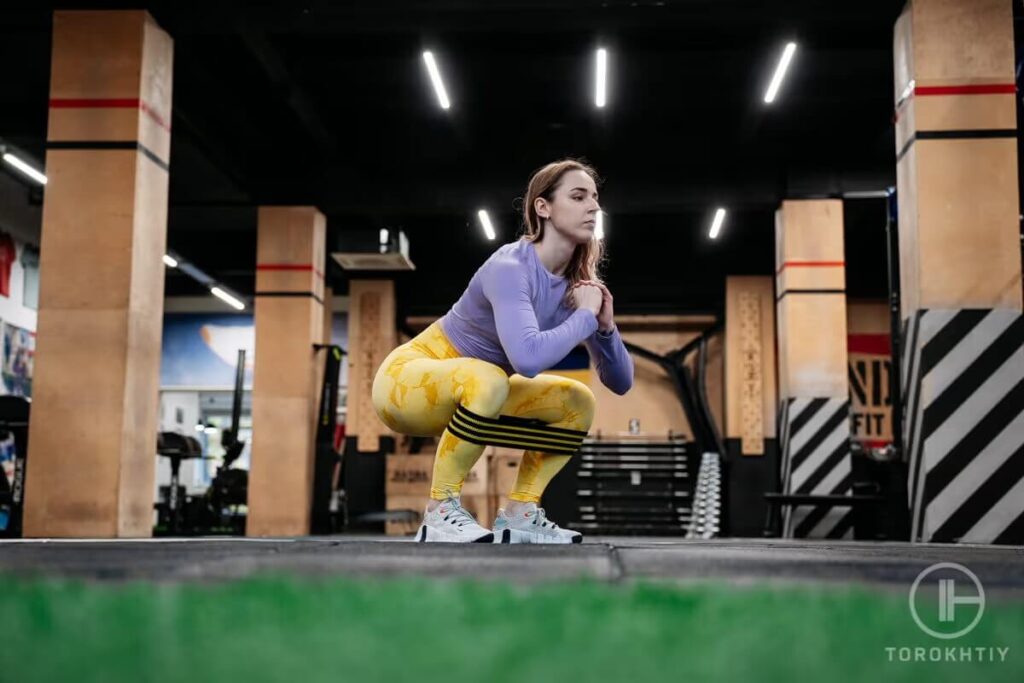
3. Flavor and Mixability
Of course, you should always consider the taste and texture of a protein before making a purchase. With many of the proteins coming in unflavored varieties, you should decide if flavoring is something you’re willing to sacrifice to get better macros or save a bit of money.
There’s nothing wrong with prioritizing flavor when making a decision – you’re the one that’s going to be drinking it after all! For the best overall flavor and texture, we recommend you to try Plant Fusion’s Complete Protein and see the difference between this and WPI.
Is Whey Protein Okay for Lactose Intolerance?
The answer to this largely depends on how the whey is being processed. There are two different types of whey protein commonly available: concentrates and isolates. Concentrates will typically have less than 80% protein concentration, with isolates often having more than 80% percent.
As you can imagine, this difference is often made up with some extra lactose. By opting for a concentrate, you are much more likely to have a higher-lactose content, likely leading to symptoms related to lactose intolerance if you have one.
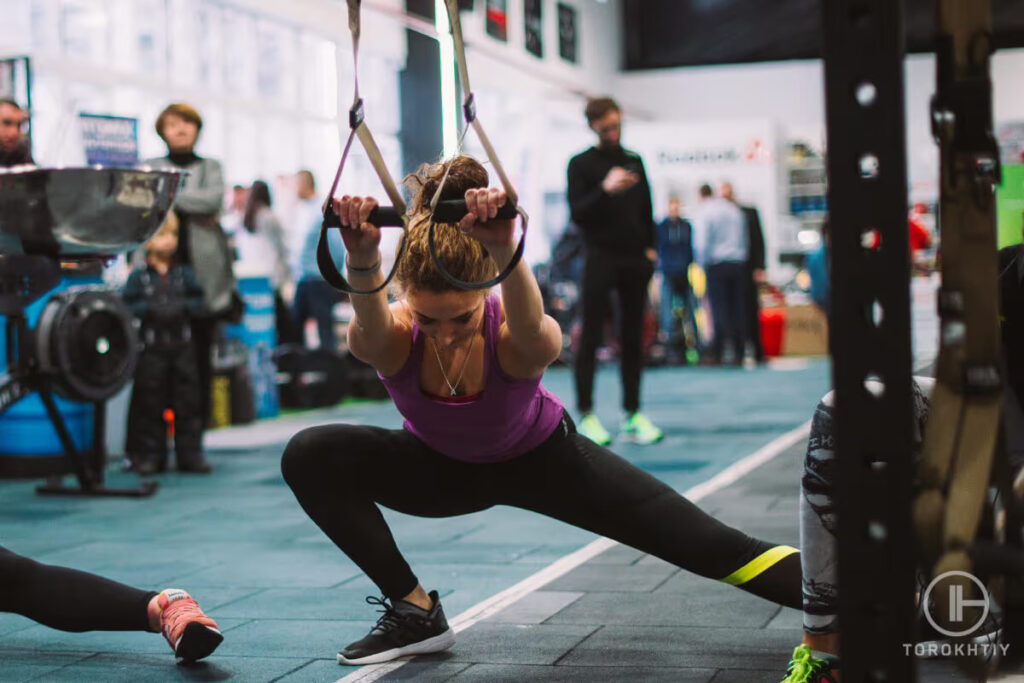
Can I Build Muscle With Non-dairy Protein?
Absolutely, there’s no reason to think that you need a dairy-based protein powder in order to put on muscle. Most people vastly underestimate how much protein they need.
The recommended range for muscle growth is a wide range, around 0.65-1.3 grams of protein per pound of bodyweight daily. With many of the non-dairy proteins on our list having upwards of 20g of protein per serving, combining these with other high protein foods will help you meet your daily protein needs.
The other main things that need to be done if you want to gain muscle are training hard enough to promote hypertrophy, and how many calories you’re eating overall depending on your goals.
Make sure you’re either eating in a small caloric surplus if you’re trying to bulk, or a small caloric deficit if you’re trying to cut. Overall, it’s possible to build high-quality muscle with no dairy in your diet.
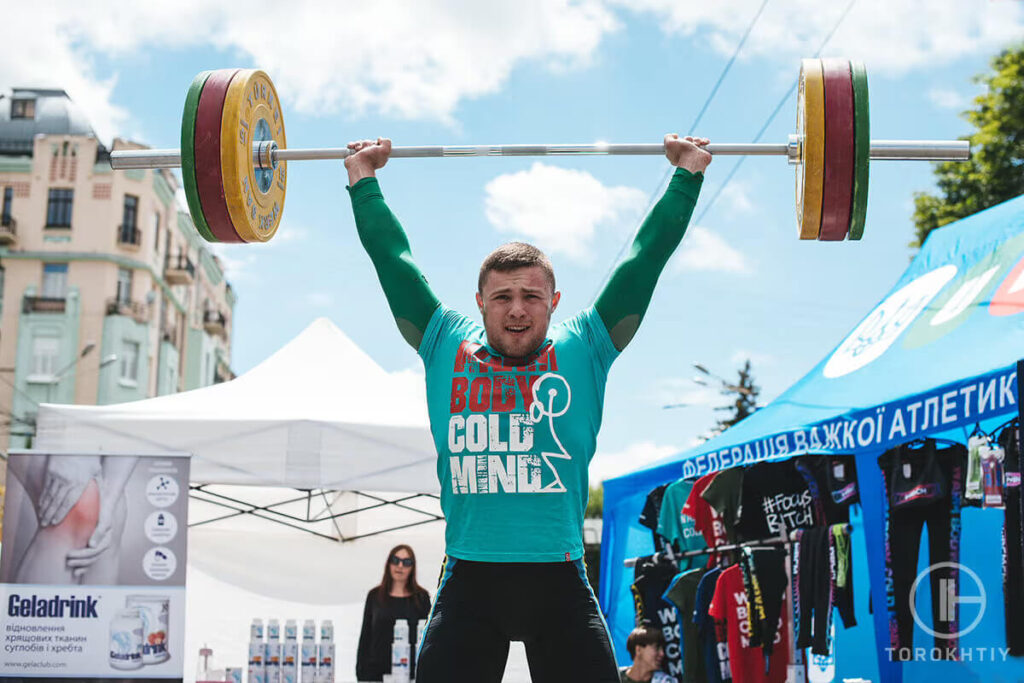
FAQ
Is Lactose-Free Protein Powder Better?
Not necessarily. Obviously, if you’re lactose intolerant, you’ll definitely want to avoid any protein with a lactose content. It’s worth noting that lactose-free whey protein will typically have a higher protein concentration.
However, aside from this, if you have no digestive issues when it comes to lactose, there’s no real reason to opt for a protein without lactose instead.
Can Whey Protein Powder Be Lactose-Free?
Somewhat. Although whey isolates have significantly less lactose than concentrates, they will still contain some amount of it – usually around 1%. Although whey will rarely be completely lactose-free, there likely won’t be enough lactose in whey isolates to cause issues for lactose intolerant people.
Although whey protein can be almost lactose-free, it’s still made from milk products, so keep in mind that you will never find a dairy-free whey protein powder.
Is Non-Dairy Protein Powder Good For You?
Yes. Non-dairy protein powders are often just as nutritious and high-quality as their dairy counterparts. If you want to avoid dairy for any reason – whether you’re lactose intolerant, or just follow a plant-based diet – non-dairy protein powders are a great way to supplement extra protein in your diet.
Just keep in mind that many plant proteins do not have a complete amino acid profile!
Conclusion
If you’re lactose intolerant and struggling to find a protein that’s right for you, we hope this list of lactose-free protein powder reviews helps you see there’s plenty of options out there! While our top pick is Transparent Rice & Pea Organic Vegan Protein, all the other options on our list have their own unique advantages as well.
Let us know if you decide to try any of the products on our list. We’d love to hear your thoughts in the comments below!
Also read:
- Best Chocolate Whey Protein Powder
- Best Soy Based Protein Powder
- Best Heavy Metal Free Protein Powder
- Best Optimum Nutrition Flavor
- Best Grass Fed Whey Protein
- Best Egg Protein Powder
- Best Smoothie Protein Powder
- Best Isolate Protein Powder
- Whey vs Plant Protein
References:
- Dairy Ingredients // CDR: https://www.cdr.wisc.edu/dairy-ingredients-faqs
- The Nutrition Source // Harvard: https://www.hsph.harvard.edu /nutritionsource/collagen/
- Definition & Facts for Lactose Intolerance // NIH: https://www.niddk.nih.gov /health-information/digestive-diseases/lactose-intolerance/definition-facts
- Lactose Intolerance // UCSD: https://myhealth.ucsd.edu/ Wellness/Stress/ NewsRecent/85,P00388
- The Rundown on Protein Powders // GSU: https://recreation.gsu.edu/ 2023/03/31/the-rundown-on-protein-powders/
- International Society of Sports Nutrition Position Stand: protein and exercise // NIH: https://pubmed.ncbi.nlm.nih.gov /28642676/
Why Trust Us?
With over 20 years in Olympic Weightlifting, our team does its best to provide the audience with ultimate support and meet the needs and requirements of advanced athletes and professional lifters, as well as people who strive to open new opportunities and develop their physical capabilities with us.
All products we select are primarily approved and tested by the Olympic Weightlifting Champion Oleksii Torokhtiy. Under his guidance, we provide honest and reasonable assessments of the products we review by checking their characteristics, packaging, design, comfort and durability features, and general product rating. We select products from only high-quality and trusted sports brands, thus vouching for their quality.
The product testing process is described in more detail here
Author: Jacek Szymanowski
Certified Nutritionist,
M.Sc.Eng. Biotechnology
Performance Architect,
Strength and Conditioning Specialist
With over 30 years of fighting experience, specialization in nutrition coaching for athletes, and expertise in metabolic health and dietary strategies, Jacek offers a comprehensive approach to optimizing your performance and well-being. Backed by a Master of Science degree in Biotechnology, Jacek remains at the forefront of scientific advancements, ensuring that his coaching is always evidence-based and up-to-date.
If you have any questions/suggestions/any other inquiries considering product reviews, you can reach out to us via email – [email protected]

